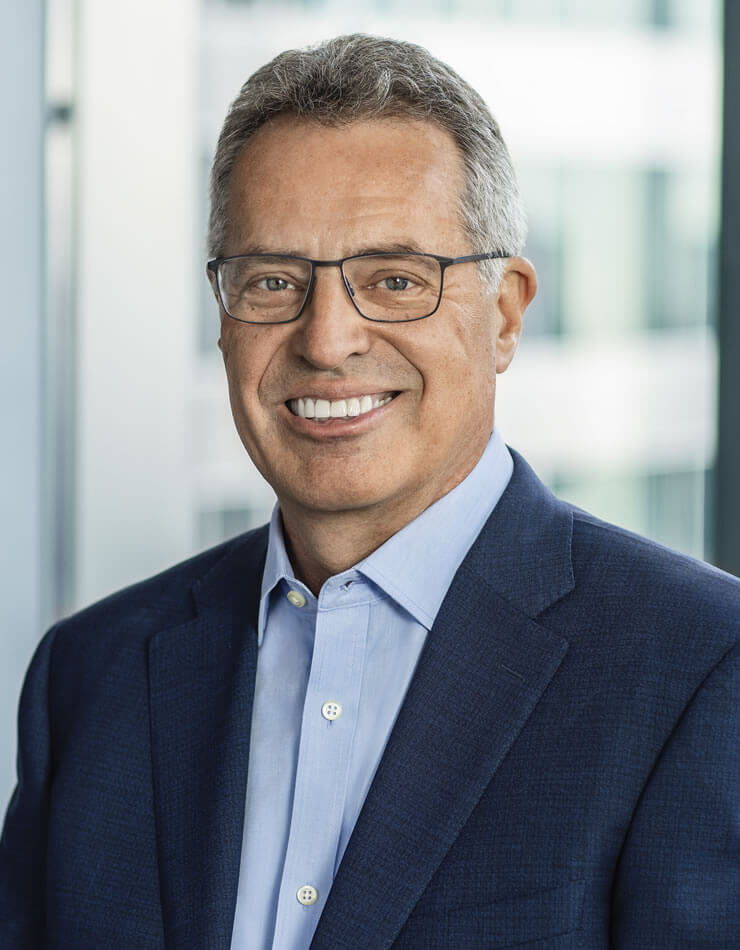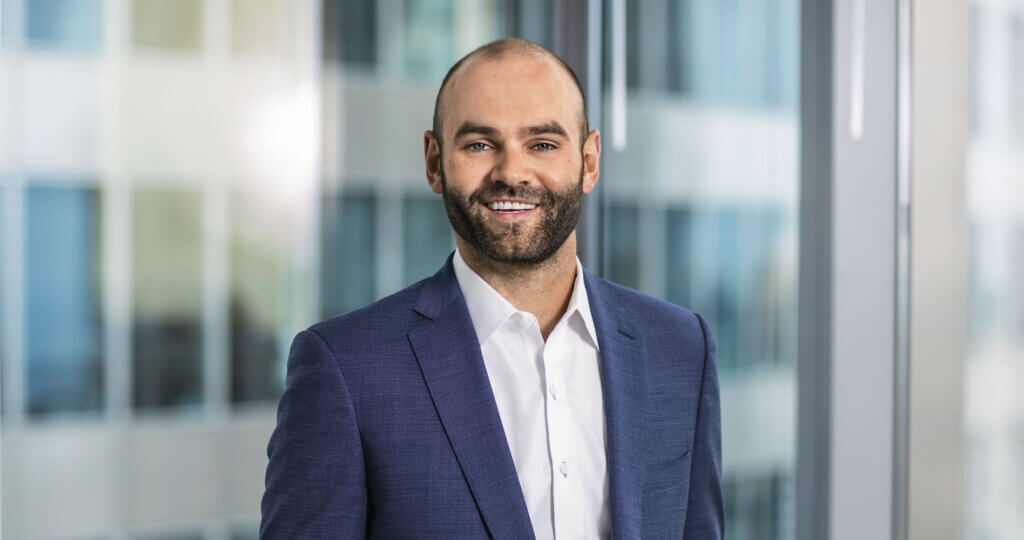Oakmark Global Select Fund - Investor Class
Average Annual Total Returns 09/30/20
Since Inception 10/02/06 6.70%
10-year 8.24%
5-year 5.86%
1-year 1.50%
3-month 6.44%
Gross Expense Ratio as of 09/30/19 was 1.25%
Net Expense Ratio as of 09/30/19 was 1.18%
The net expense ratio reflects a contractual advisory fee waiver agreement through January 27, 2021.
Past performance is no guarantee of future results. The performance data quoted represents past performance. Current performance may be lower or higher than the performance data quoted. The investment return and principal value vary so that an investor’s shares when redeemed may be worth more or less than the original cost. To obtain the most recent month-end performance data, view it here.
The Oakmark Global Select Fund returned 1.5% for the fiscal year ended September 30, 2020, underperforming the MSCI World Index, which returned 10.4%. For the most recent quarter, the Fund returned 6.4%, compared to the benchmark’s return of 7.9%. More importantly, the Fund has returned an average of 6.7% per year since its inception in October 2006, outperforming the MSCI World Index’s annualized gain of 6.1% over the same period.
Regeneron Pharmaceuticals, a U.S.-based biopharmaceutical company, was the top contributor for the fiscal year as management advanced both marketed drugs and their pipeline of new treatments. With regards to marketed drugs, Eylea and Dupixent both continued to increase the number of patients treated for blindness and immune disorders, respectively. In addition, one of Eylea’s competitors encountered safety issues, which removed a significant risk to Regeneron. Separately, management advanced potential new treatments for immuno-oncology and rare diseases. They also reacted quickly to the Covid-19 pandemic by developing an antibody treatment for infected patients, which demonstrated initial efficacy. Lastly, management repurchased more than $5 billion of shares at a discount to our estimate of intrinsic value.
Daimler, a global luxury automotive and truck manufacturer based in Germany, was the largest contributor for the quarter. Considering the operating environment, we were happy with the company’s second-quarter earnings results, specifically in Mercedes-Benz cars and vans. Despite Mercedes-Benz cars’ and vans’ volumes being down 22% and 29% year-to-date, respectively, the revenue is only down 14.8%. We think this reflects significant product mix benefits within both markets along with resilient pricing dynamics. China also contributed to the company’s solid performance, delivering 17% year-over-year growth, even though the overall Chinese auto market was down 4%. In addition, free cash flow was significantly stronger than had been expected, which we believe is a result of management’s stringent focus on improving Daimler’s cash flow generation. As a result, the company ended the second quarter with a strong net financial position. Management’s earnings guidance was also better than had been expected. These results reflect well on the new management team.
Lloyds Banking Group, a dominant retail bank in the U.K., was the largest detractor for the fiscal year. The company’s fiscal-year results fell short of expectations. Results were also weaker than our estimates, which we attributed to 2019’s very difficult operating environment, one that was dominated by uncertainty surrounding Brexit and the formation of a U.K. government. The company’s results for the first half of 2020 were also disappointing, primarily because of Covid-19. Total revenue from core operations declined 16% from a year ago and operating profit realized a loss of GBP 281 million, driven by a significant impairment provision charge. Management stated that the larger than anticipated provision amount was due to a significantly depressed economic outlook. However, Lloyds’ loan book continues to perform well and actual defaults to date remain stable. Despite the difficult operating environment, the company is well capitalized. Its Tier 1 ratio is 14.6% and it holds GBP 11.8 billion more in excess capital than regulations require. We believe that Lloyds has the preeminent retail banking franchise in a consolidated U.K. market and that its balance sheet has improved greatly in recent years, possessing strong levels of capital, liquidity and reserves. Overall, we find that Lloyds is trading at a large discount to our estimate of the company’s intrinsic value and that it remains an attractive investment. Bayer, a German-based company with sizable businesses in pharmaceuticals, agricultural productivity and consumer health products, was the largest detractor for the quarter.
During the quarter, we sold our holdings of Kuehne + Nagel (Switzerland), Reckitt Benckiser Group (U.K.) and Regeneron Pharmaceuticals (U.S.) as they approached our estimate of intrinsic value. We also sold our investment in LafargeHolcim (Switzerland) during the quarter as we identified other investments that offered a better risk-return profile. We initiated positions in Alibaba, Compass Group, Fresenius Medical Care and HCA Healthcare.
Alibaba (China) is one of the largest internet platforms in China and a market leader in several businesses, including e-commerce, cloud computing and fintech (via the company’s partial ownership in Ant Financial). The management team has proven itself to be quite astute and has used its significant data advantage to position the company at the forefront of several technological trends in China. We believe Alibaba should continue to enjoy robust long-term growth, especially since several of its businesses remain underpenetrated and have yet to fully scale.
Compass Group (U.K.) is a leading global food services provider. Its superior scale enables it to provide services at a lower cost than its peers, which helps to drive a superior value proposition to clients while maintaining an industry-leading level of growth and returns. This virtuous circle of investing in growth and greater scale benefits has long made us admirers of the franchise, but the company’s high valuation has historically kept us on the sidelines. That changed during the Covid-19 pandemic, when shares lost nearly half of their value. Although we believe that short-term conditions will remain challenging, we believe the difficult economic environment will likely lead to greater outsourcing and market share gains for Compass, which already had a significant competitive advantage over its smaller peers.
Fresenius Medical Care (Germany) is the largest provider of dialysis services and products worldwide, occupying the top position in each business. Fresenius provides life-critical dialysis service with a steady 6% global growth of patients in need. In particular, we like that the U.S. dialysis market is a duopoly, and both players control more than one-third of the market, which gives them clout with insurers and benefits from scale. In addition, Fresenius is the only integrated supplier of products and services. This means that its products business benefits from insight and rapid industry adoption from the service side and its service business benefits from improved international market access from the products side. Furthermore, we believe that the company’s pricing outlook is improving, which should help its margin, and that the rise of home-based dialysis will provide additional momentum, which adds to our confidence in this investment.
HCA Healthcare (U.S.) is the largest operator of for-profit hospitals and related health care services in the U.S. The company benefits from scale and size advantages, an attractive geographic footprint in higher growth markets, best-in-class management and governance, and an equity-friendly approach to capital allocation. Although the Covid-19 pandemic created disruptions across the hospital sector, HCA’s fundamentals have held up remarkably well. Management believes the company will be in an even stronger position coming out of the crisis than it was coming into it and that demand for health care services will be robust for years to come.
We continue to believe the Swiss franc is overvalued versus the U.S. dollar. As a result, we defensively hedged a portion of the Fund’s exposure. Approximately 20% of the Swiss franc exposure was hedged at quarter end.
Geographically, we ended the quarter with approximately 49% of the Fund’s investments in the U.S., 44% in the U.K. and Europe, and 7% in Asia.
We thank you for your continued support.
The securities mentioned above comprise the following percentages of the Oakmark Global Select Fund’s total net assets as of 09/30/20: Alibaba Group 1.0%, Alibaba Group ADR 1.0%, Bayer 4.9%, Compass Group 2.7%, Daimler 6.8%, Fresenius Medical Care 3.2%, HCA Healthcare 4.6%, Kuehne + Nagel 0%, LafargeHolcim 0%, Lloyds Banking Group 4.8%, Reckitt Benckiser Group 0% and Regeneron Pharmaceuticals 0%. Portfolio holdings are subject to change without notice and are not intended as recommendations of individual stocks.
The MSCI World Index (Net) is a free float-adjusted, market capitalization-weighted index that is designed to measure the global equity market performance of developed markets. The index covers approximately 85% of the free float-adjusted market capitalization in each country. This benchmark calculates reinvested dividends net of withholding taxes. This index is unmanaged and investors cannot invest directly in this index.
Because the Oakmark Global Select Fund is non-diversified, the performance of each holding will have a greater impact on the Fund’s total return, and may make the Fund’s returns more volatile than a more diversified fund.
Investing in foreign securities presents risks that in some ways may be greater than U.S. investments. Those risks include: currency fluctuation; different regulation, accounting standards, trading practices and levels of available information; generally higher transaction costs; and political risks.
The percentages of hedge exposure for each foreign currency are calculated by dividing the market value of all same-currency forward contracts by the market value of the underlying equity exposure to that currency.
The information, data, analyses, and opinions presented herein (including current investment themes, the portfolio managers’ research and investment process, and portfolio characteristics) are for informational purposes only and represent the investments and views of the portfolio managers and Harris Associates L.P. as of the date written and are subject to change and may change based on market and other conditions and without notice. This content is not a recommendation of or an offer to buy or sell a security and is not warranted to be correct, complete or accurate.
Certain comments herein are based on current expectations and are considered “forward-looking statements”. These forward looking statements reflect assumptions and analyses made by the portfolio managers and Harris Associates L.P. based on their experience and perception of historical trends, current conditions, expected future developments, and other factors they believe are relevant. Actual future results are subject to a number of investment and other risks and may prove to be different from expectations. Readers are cautioned not to place undue reliance on the forward-looking statements.
All information provided is as of 09/30/2020 unless otherwise specified.









